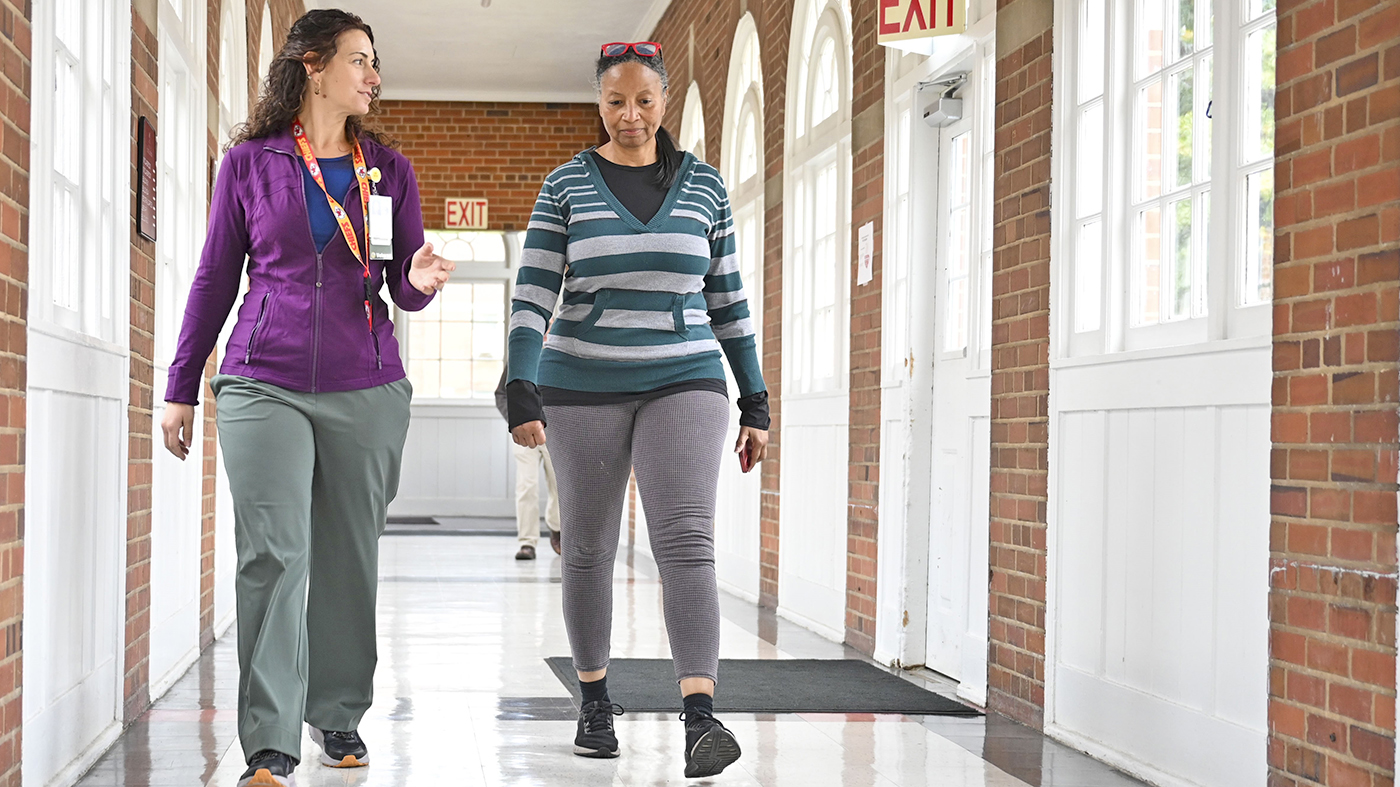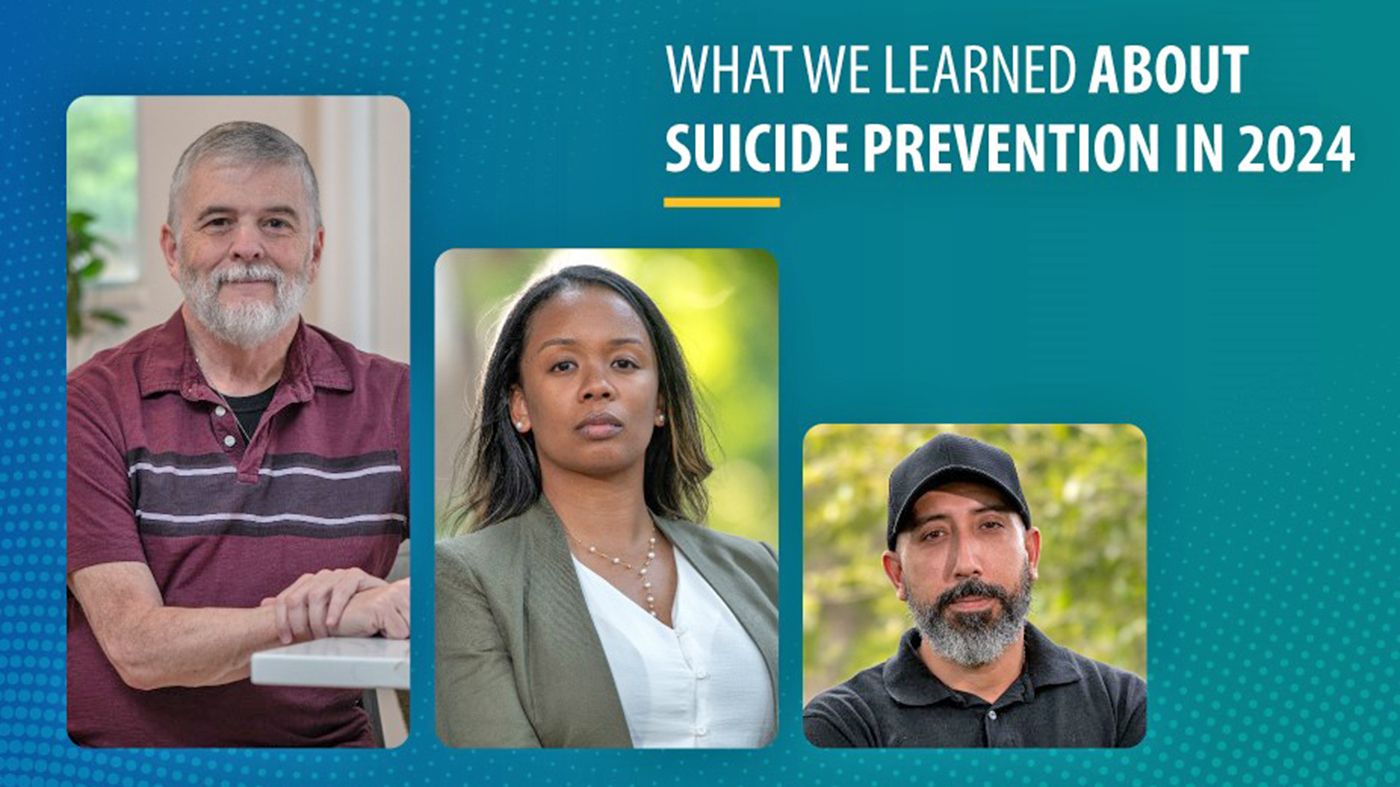December is one of the most festive months of the year with celebrations and holidays bringing joy to many. However, it is also one of the deadliest times on the roads due to impaired driving.
This December, VA is observing National Impaired Driving Prevention Month by highlighting the dangers of impaired driving and promoting safe practices to prevent motor vehicle tragedies involving alcohol or drugs.
According to the Centers for Disease Control and Prevention, 32 people in the United States are killed every day in crashes involving an alcohol-impaired driver. That is one person every 45 minutes. While many know that alcohol can impair driving by affecting coordination, focus, judgment and reaction times, it is crucial to remember that both prescription and recreational drugs also have the potential to impair driving abilities.
What drivers can do
Staying informed about the dangers of impaired driving and sharing this knowledge with others can make a real difference. VA is here to support you and your loved ones in making safe choices, not just during the holiday season but all year round.
If you plan to drink alcohol or use drugs, or you’ll be going somewhere alcohol and drugs are available, you can follow these nine CDC tips to protect yourself and others on the road:
- Plan ahead: If you plan to consume alcohol or use drugs, make arrangements so that you do not have to drive afterward.
- Get a ride home: If you have been drinking alcohol or using drugs, get a ride home with a driver who has not been drinking or using drugs. Use a rideshare service or call a taxi.
- Agree on a trusted designated driver ahead of time: If you are with a group, agree on a trusted designated driver in the group who will not drink alcohol or use drugs. Determine a plan to ensure everyone is dropped off at home or in a safe place for the remainder of the evening.
- Be aware of prescriptions and over-the-counter medicines: Alcohol, cannabis and illicit drugs are not the only substances that can impair your ability to drive. Many types of prescription medicines and some over-the-counter medicines can also affect your ability to drive safely. It is important to read the labels, consult with your health care provider, and avoid driving if you experience any side effects that could impair your driving ability.
What everyone can do
- Don’t let your friends drive while impaired by alcohol and/or drugs.
- Never ride with a driver who is impaired by alcohol or drugs.
- If you’re hosting a party where alcohol or drugs will be available, remind your guests to plan ahead. Arrange for alternative transportation or agree on a trusted designated driver who will not drink alcohol or use drugs. Respect and support anyone’s decision to avoid alcohol and drugs. Offer alcohol-free beverages and ensure all guests leave with a driver who has not been drinking alcohol or using drugs.
- Always wear a seat belt on every trip regardless of whether you’re the driver, the front seat passenger or a back seat passenger. Wearing a seat belt reduces your risk of dying or being seriously injured in a crash by about half.
- If you or anyone you know is having trouble with alcohol or drug use, help is available.
- Veterans with mental health and substance use challenges can get help.
Enjoy a safe holiday season by following these tips to avoid impaired driving. It’s not just illegal, it’s dangerous. Plan ahead to make choices that protect yourself and others.
If you’re a Veteran in crisis or concerned about one, contact the Veterans Crisis Line to receive 24/7 confidential support. You don’t have to be enrolled in VA benefits or health care to connect. To reach responders, Dial 988 then Press 1, chat online at VeteransCrisisLine.net/Chat, or text 838255.
Topics in this story
Link Disclaimer
This page includes links to other websites outside our control and jurisdiction. VA is not responsible for the privacy practices or the content of non-VA Web sites. We encourage you to review the privacy policy or terms and conditions of those sites to fully understand what information is collected and how it is used.
More Stories
Veteran Joy Smith survived breast cancer twice. Here’s her story of vulnerability, bravery and relentless spirit.
Columbia VA’s pain program addresses not only the physical aspects but also the emotional and psychological factors.
This recap of the VA News articles we published in 2024 shares information about suicide prevention resources.






